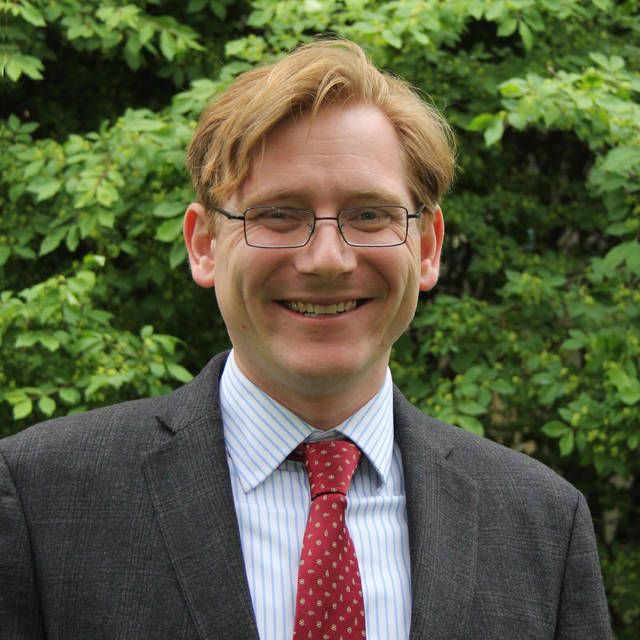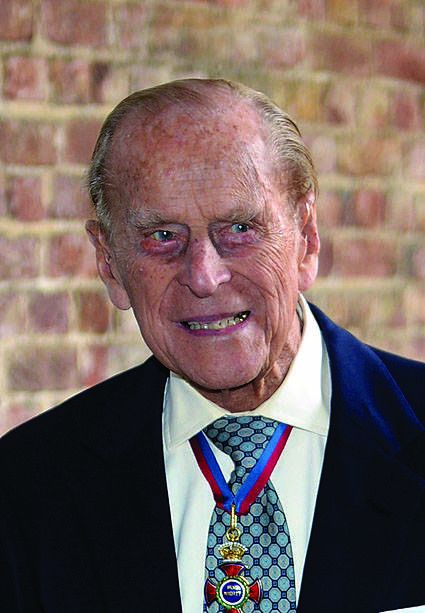Click here to subscribe today or Login.
WILKES-BARRE — Prince Philip’s passing is garnering pomp and ceremony as well as “what’s next” pondering, but one local historian believes the deceased royal’s impact on the British Monarchy has been pretty big already, and may continue for years to come.
“Elizabeth is the longest reigning monarch in British and English History, and they were the longest monarch couple,” Wilkes University’s Jonathan Kuiken noted. “Asking what happens when they pass away gets to the unintended consequences of his life.”
Philip may not have broken the monarchy mold, but he certainly shook things up, the associate history professor said. “He really pushed very hard for opening up the image of the royal family, making it more accessible.” The most prominent result of that effort probably was the 1969 BBC documentary on a day in the lives of the royal family. “It was almost like a reality TV show.”
“His idea was to show that they’re just a normal family that does normal things,” Kuiken said. “There’s been a lot of argument about whether that helped sustain the popularity of the British Monarchy, or demystified it, taking away a lot of the mystique.”
Philip was shaking things up before he even become consort and moved into the royal family. “Elizabeth and Philip’s marriage was controversial. He wasn’t a commoner, he was a nephew of the king of Greece, but that monarchy had been overthrown when he was a baby, so he was living off the charity of aristocratic relatives and kind of looked down on by the high and mighty of British royalty.”
Having established himself by building a career in the British Navy before marrying Elizabeth, Philip brought a “non-traditional background” to his new situation, one that Kuiken believes is reflected in his children and grandchildren, several of whom married “non-traditional” partners, and who took their own paths in other ways.
“I think prior to him, it was not traditional for members of the royal family to even go to universities. He pushed very hard for Charles and his other children to get educations, and that paved the way for his grandchildren.”
Philip also pushed, for better or worse, to have the whole royal family involved in the roles monarchs fulfill, cutting ribbons and attending state events.
“In most other countries, the only person on the payroll is the monarch, not the princes. Britain is the only place where the whole family is part of this official royal family, and that’s another thing Philip helped engineer.”
That means more public scrutiny because family members are on the public payroll, Kuiken speculated. “If you’re a member of the royal family but not on the payroll, some actions may cause headlines but they usually go away. But for the British, people may ask ‘Why are we paying all these people?’”
That push to open the monarchy for more scrutiny has changed things, but so has the impressive longevity of Philip and Elizabeth, Kuiken suspects. Heir apparent Prince Charles will be 73 this year, and he could end up being the oldest person ever to assume the monarchy.
There’s always a chance Charles will decide not to take the crown, passing it directly to Prince William, dramatically infusing some youth into the throne (he’s 38). Kuiken doesn’t think that’s likely, precisely because Charles knows how hard it can be to “raise a young family in that limelight. I think he will spare William and Kate that stress while their children are young.” Besides, he added, “Charles has waited long enough, living his whole life as next in line. I don’t think he’ll skip over himself.”
Either way, Kuiken predicted, “I certainly think the British monarchy is going to look a lot different after Elizabeth passes away,” though he conceded trying to predict how it changes is a fool’s game.
In order to keep the royal family as a “unifying force, rather than a divisive one,” there may be a renewed push to take more of the family off the payroll. There may also be more effort to find their place in the rapidly changing world.
“I think William and Kate have shown a pretty good talent for making moves and positioning themselves in ways that appeal to younger people,” he said. “I think they know they can’t just sit on some pedestal as a monarch, and that a modern monarch has to be visible in some way, but must remaining a unifying symbol for everyone. It’s tricky.
“It will be a very interesting few years to come.”
Reach Mark Guydish at 570-991-6112 or on Twitter @TLMarkGuydish






